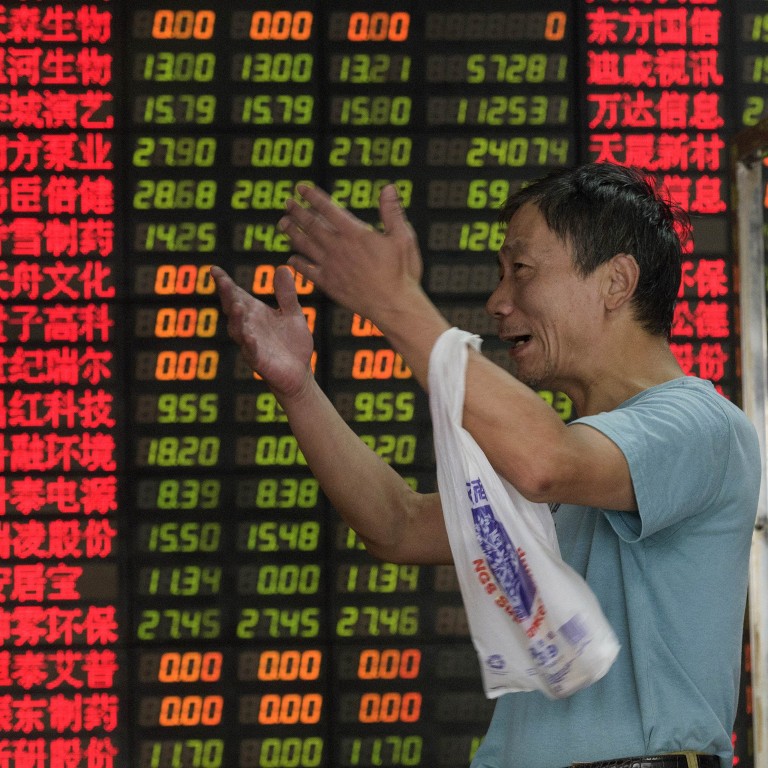
Emerging markets still committing an ‘original sin’
Emerging markets (EMs) have come a long way since the debilitating debt crises of the 1980s and 1990s.
Developing countries’ economic fundamentals and creditworthiness have improved dramatically, their capital markets have become much deeper while the likelihood of a systemic liquidity or solvency crisis is extremely low.
The EM asset class, moreover, has been a mainstream one for over a decade, underpinned by a much more diverse, knowledgeable and sophisticated investor base.
Indeed one of the oft-cited factors supporting the investment case for EMs is the development of local bond markets which have allowed governments to wean themselves off their addiction to dollar-denominated debt, a phenomenon dubbed the “original sin” by economists.
Yet while EM governments may no longer be sinners, EM companies have been borrowing in dollars like there is no tomorrow.
In one of the most important shifts in global financial markets in recent years, EM companies have taken over from governments as major issuers of dollar-denominated bonds - so much so that that the EM hard currency corporate debt market is now bigger than the highly liquid US high-yield corporate debt market and significantly larger than its European counterpart.
In one of the most important shifts in global financial markets in recent years, EM companies have taken over from governments as major issuers of dollar-denominated bonds
With EM assets now under severe strain because of the surge in the dollar and mounting concerns about China’s economy and policy regime - nearly US$60 billion has flowed out of EM equity funds this year, according to JP Morgan, while several major EM currencies, including Brazil’s and Malaysia’s, have fallen by more than a quarter against the greenback - the dramatic increase in corporate leverage and foreign currency exposure in developing economies is now a source of major concern.
The International Monetary Fund (IMF) is sounding the alarm.
In its flagship Global Financial Stability Report (GFSR) published last week, the Fund noted that non-financial EM corporate debt has more than quadrupled over the past decade to more than $18 trillion and that “local currency depreciations make it increasingly difficult for [EM] firms to service their foreign currency-denominated debts if they are not hedged adequately.”
The IMF warned that with corporate debt constituting a significant portion of EM banks’ assets - more than 60 per cent in the case of Turkey and close to 50 per cent in the case of Indonesia – “shocks to the corporate sector could quickly spill over to the financial sector and generate a vicious cycle as banks curtail lending.”
What is particularly troubling is that the surge in corporate leverage in developing economies has been most pronounced in sectors that are more vulnerable to cyclical and financial conditions, such as commodities and construction. It has also gone hand in hand with increased foreign currency exposure.
Signs of stress in the EM corporate debt market are all too evident.
The average spread on JP Morgan’s EM corporate bond index (CEMBI) over benchmark US Treasuries has shot up more than 150 basis points since mid-May partly because of the dramatic deterioration in the creditworthiness of both Petrobras - Brazil’s scandal-plagued oil company and the largest EM corporate bond issuer - and the Brazilian sovereign which have been stripped of their investment grade status.
Indeed JP Morgan estimates that every 100 basis point move in the Brazil component of the CEMBI - which accounts for 13 per cent of the index - leads to a 20 basis point move in the overall index.
While the Latin American component of the CEMBI has so far lost 9 per cent this year, the Emerging Europe and Asian components are up 15 per cent and 2.5 per cent respectively, according to JP Morgan.
China, however, which has the largest share of the CEMBI (nearly 20 per cent) and accounts for nearly a fifth of the stock of EM corporate bonds, holds the key to sentiment going forward.
The plunge in China’s stock market during the summer and the bungled devaluation of the renminbi have significantly raised the stakes for the country’s corporate bond market.
Still, the China component of the CEMBI has returned 3.3 per cent this year, according to JP Morgan, compared with losses of 16.5 per cent for Brazil. For the time being, it is Brazil that is the focal point of market anxiety about EM corporate debt.
Nicholas Spiro is managing director of Spiro Sovereign Strategy

